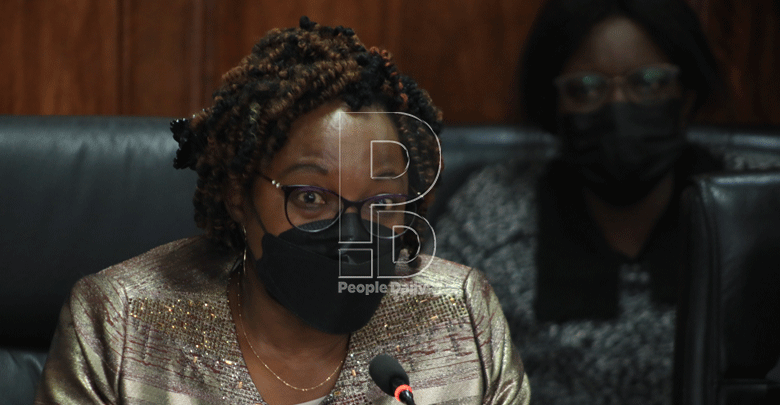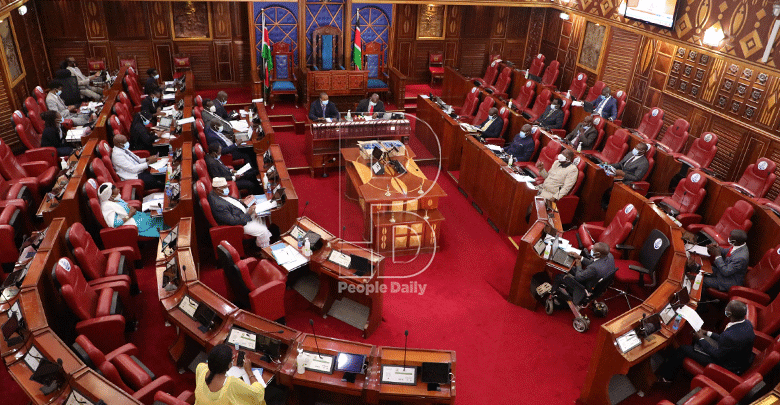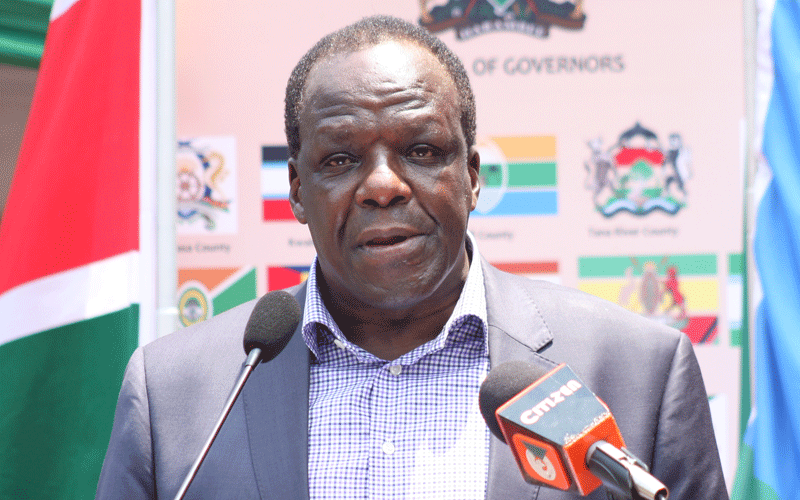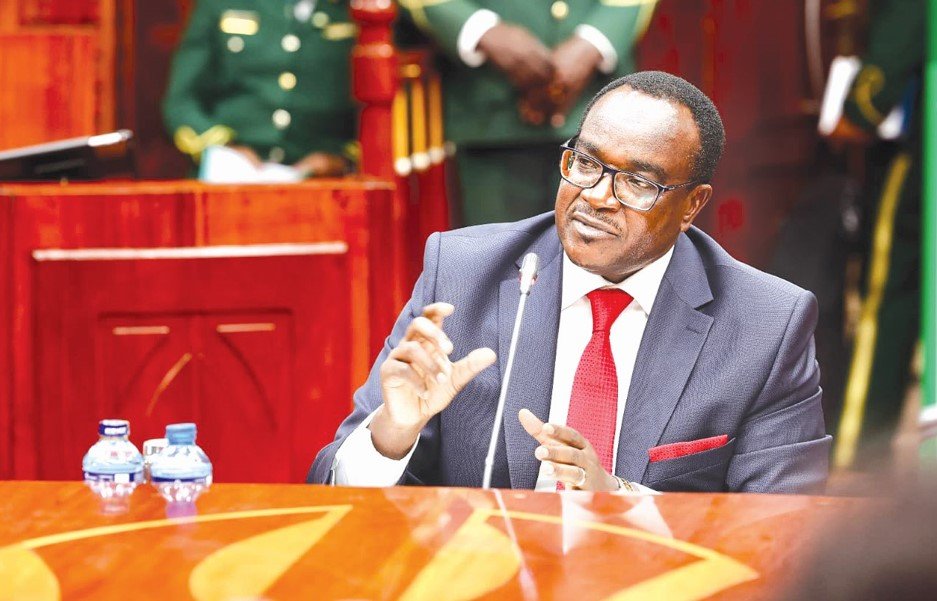Enact legislation to end revenue-sharing disputes

Counties are in a crisis. They have run out of money and are now choking. This is the financial crisis that has been caused by the failure of the National Assembly and the Senate to pass the Division of Revenue Bill that provides for equitable sharing of revenue raised nationally through taxes between the national and county governments.
The current crisis was sparked by sharp differences in opinion between governors and the national government over how much money should go to the counties. Governors are demanding Sh335 billion from the budget, while national government has offered Sh316 billion and has refused to budge.
These two hardline positions have not moved in almost two months.This brinkmanship has played out in the two Houses of Parliament — the National Assembly rooting for the position of the national government, and the Senate supporting the position of counties. As the two Houses continue their push and pull, counties are suffocating.
Workers have now gone without salaries since July, and are staring at another month without pay unless there is an immediate breakthrough. They have threatened to go on strike.
In any case, it takes time to process a bill through the two Houses, have it assented to by the President, and have the money uploaded to Integrated Financial Management Information System (IFMIS), for counties to access — assuming the money will be immediately available.
Crucial services in counties are grinding to a halt. Reports now indicate that medical services in some counties have ground to a halt, as hospitals run out of essential supplies like drugs.
A mediation team has been formed between the Senate and National Assembly to negotiate and come to a compromise, but the statements emanating even from the very members of the team demonstrate little goodwill for conciliation. It’s difficult to tell how this will end.
What is clear is that the country must never again allow itself to be pushed into this kind of deadlock, where a critical portion of the budget stalls because of the acrimony and grandstanding between the two Houses of Parliament.
One of the reasons the national government and the National Assembly are in no hurry to solve this matter is because they no longer have any urgency. Despite huge protests from governors, Parliament went ahead and passed the National government Appropriations Bill 2019, which was assented to by President Uhuru Kenyatta in June. This released funds from the 2019 budget for use by the national government.
The business of the national government, therefore, continues uninterrupted. It can pay its bills, its salaries, its debts etc. In other words, counties are on their own.
As things stand, the options for county governments are very limited. They are growing increasingly desperate, as the national government sits pretty, and can afford to wait them out.
Not even the Supreme Court seems to want to be embroiled in what is a rather messy tangle. Chief Justice David Maraga has given the warring parties more time to come to an agreement, after governors moved to court seeking its intervention. The solution lies in a political settlement that all players can buy into, and that can then be followed in future.
To give national government a sense of urgency in ensuring funds are promptly shared and disbursed, the National Government Appropriations Bill should not be divorced from the Division of Revenue Bill. The whole budget either passes, or both levels of government remain without funds. This should be legislated. If this were the case, you can be sure that this standoff would not have persisted beyond the first week.
There should be a hard and fast formula for calculating the portion that should be disbursed to counties that is completely independent of national government idiosyncrasies.
One level of Government with an interest, indeed, a huge appetite for the same funds it is seeking a share, is the most ill-suited to determine the proportion of distribution. Give the Commission of Revenue Allocation (CRA) that role by statute.
The National Assembly and the Senate must now move to enact legislation that ensures this type of deadlock will never happen again. —[email protected]











